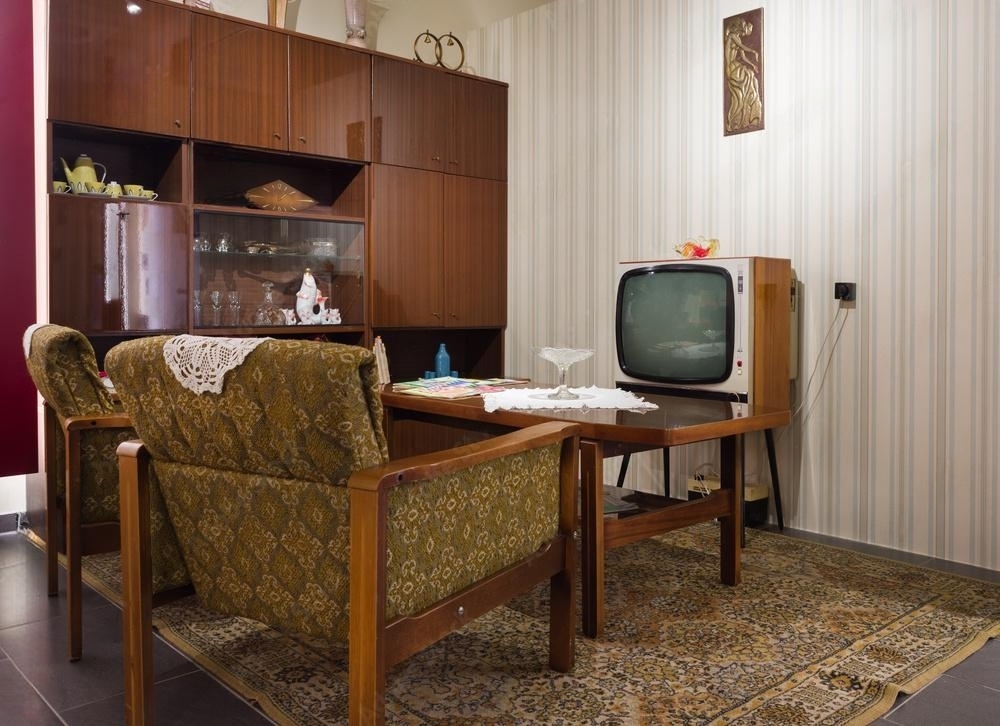Russian Furniture industry on verge of collapse

The trickle-down effects from Russia’s ongoing housing market implosion have now metastasized into the consumer durable goods sector, with Russia’s largest furniture manufacturer sounding the alarm, calling for immediate government intervention.
“We risk seeing the closure of dozens of factories and thousands of job losses in the coming months”, said Alexander Shestakov, owner of the First Furniture Factory, describing the situation as unprecedented in recent years. “The demand for furniture has dropped significantly, especially for mid-range and premium products. Consumers are holding back on major purchases due to financial uncertainty,” he stated during a recent industry conference.
Russia’s furniture industry is grappling with a sharp decline in consumer demand due to rising inflation, reduced household purchasing power, and changing market dynamics. Industry leaders warn that the slowdown could trigger a wave of factory closures and job losses if urgent measures are not taken.
After 9 consecutive emergency Russian Central Bank interest rate hikes aimed at curbing soaring inflation, market analysts attribute the decline to several economic pressures, primarily a collapsing property development sector, surging material costs, disrupted supply chains, and elevated loan interest rates. As a result, even mass-market furniture retailers have reported steep drops in sales, prompting aggressive discounting and scaled-back production.
Shestakov noted that the industry’s struggles are compounded by limited export opportunities due to geopolitical tensions and sanctions. “Our access to foreign markets has been severely restricted, forcing us to rely solely on the shrinking domestic market. This has intensified competition and further squeezed profit margins.”
To adapt, some manufacturers are pivoting toward lower-cost, modular furniture designed for cost-conscious consumers. Others are expanding their online sales presence, hoping to tap into digital marketplaces.
Industry leaders, including Shestakov, are calling on the government to introduce targeted subsidies, reduce taxes, and implement favorable credit programs to support the sector. Without such measures, Shestakov warned, “We risk seeing the closure of dozens of factories and thousands of job losses in the coming months.”
Payments for military compensation due to death or injury brought about an inflationary wave among Russia’s working class, which nine consecutive emergency central bank interest rate hikes now seeks to solve, but not without collateral damage.